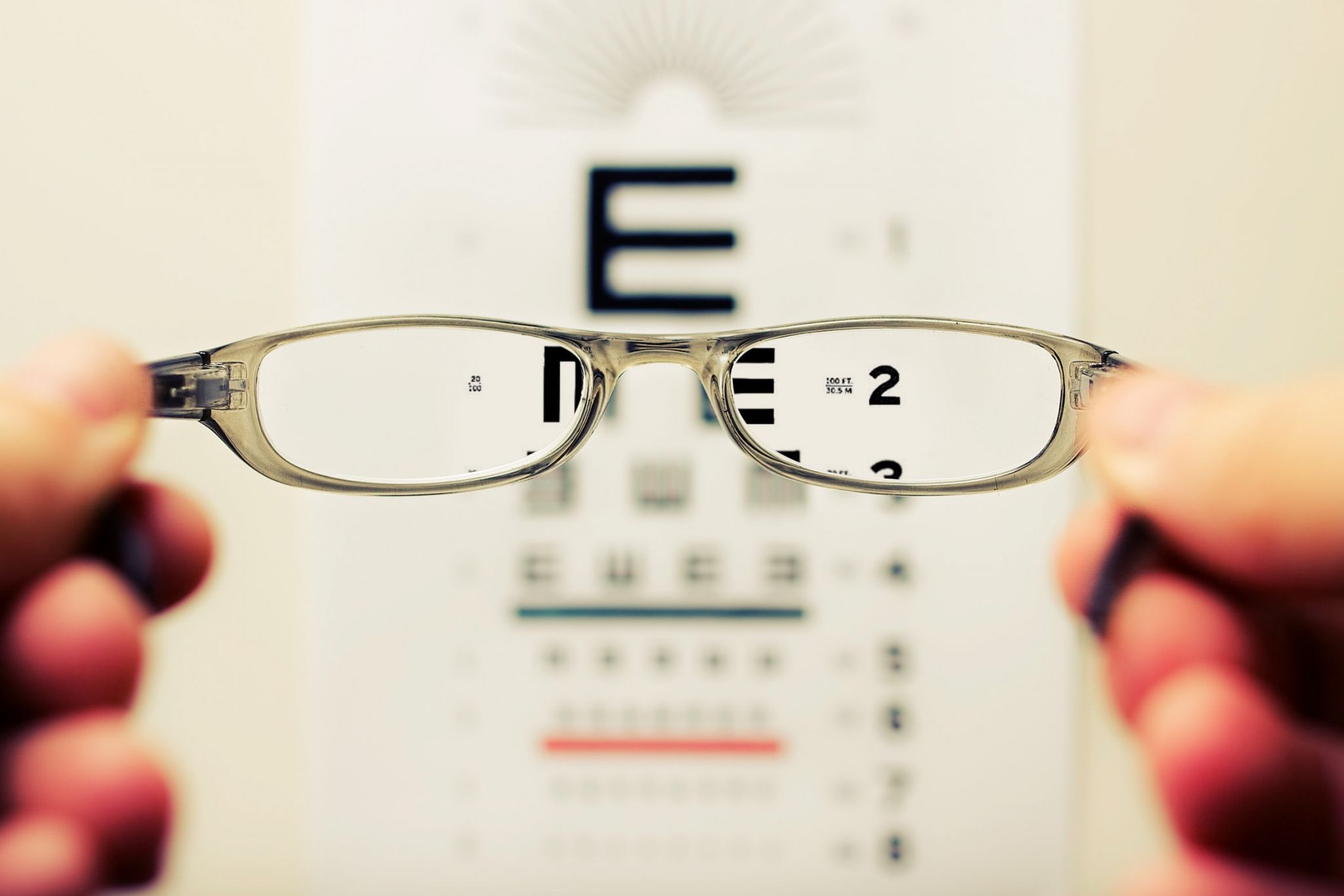
Eye Exams: 4 Reasons Why They Are Important
An eye exam is done to evaluate your vision and to check if you have any eye diseases or not. These tests are done to evaluate different aspects of your vision. While doing these tests, ophthalmologists use different tools and would ask you to look through different lenses. Eye exams are really important and shouldn’t be ignored as they can detect eye diseases at their early stages, which can make treating them much easier. Read on to know why having regular eye exams is important and how they affect our lives.
To Detect Myopia
Myopia (nearsightedness) is becoming a pandemic as a lot of young children are showing signs of nearsightedness. This is a huge concern because when children develop myopia at an early age, it progresses and gets worse as time goes by. When these children become adults, their condition might cause sight-threatening conditions like glaucoma and cataracts. However, if children get their eyes examined every year, it will be easier for the doctors to assess the risk of developing myopia. Doctors can control the progression of myopia if it is detected at an early stage, which can decrease the risk of them suffering from serious eye problems as they grow. Moreover, children’s performance at school and their grades are highly affected by their eyesight. Almost 80% of what kids learn, requires good eyesight. Thus, if they can’t see very well, their learning process will be negatively impacted. Add to that the screen time kids nowadays are exposed to, which adds to the risk of them developing eye problems. Therefore, annual eye exams are vital in the digital era our children are living in now.
Our Eyes Are Windows to Our Overall Health
Diabetes, cancer, high cholesterol, and high blood pressure can be detected while you are having your annual eye exams! These health conditions might seem unrelated to our eyes. However, they are, and here is how; comprehensive eye exams show the condition of the blood vessels in the retina, and these diseases change the appearance of the retinal blood supply and blood vessels. Moreover, some diseases which can cause blindness, show no visible symptoms whatsoever but can be detected through a comprehensive eye exam like diabetic eye disease, for example. In such cases, blindness can be avoided by starting treatment soon enough before the progression of the disease. Eyes can tell a lot about our general health to the point that scientists are developing an eye test that can assess your risk for Alzheimer’s too!
Vision Screening Isn’t Enough
Passing vision screening doesn’t mean that your eyesight is perfect. Screenings only show serious vision problems that most probably are very obvious and need corrective measures. However, they can not detect sneaky eye diseases that do not show any symptoms till the disease progresses to late stages, which makes treatment hard. Glaucoma and eye cancer, for example, will not show in the screenings. These are basic tests that check vision, not eye health for passing driving tests or school vision tests, but they will not suffice to ensure that a person’s eyesight is strong or weak and free from any serious diseases.
Age-Related Eye Conditions
As we get older, our need for annual eye exams increases. Since our eyes are part of our bodies, they get weaker as we get old. There are many age-related eye conditions that affect vision and weaken it as we get older like, presbyopia, cataracts, macular degeneration, and other conditions that can decrease the elderly quality of life and increase their dependency on caregivers. Yearly eye exams can prevent vision loss in elderly people and allow early treatment of eye diseases, so they must not be ignored. In general, as we get older, we have to be aware of the changes in our vision. Good care and early treatment can prevent more than half of the world’s vision loss cases.

Regular eye exams can prevent many diseases and vision loss in both children and adults. Moreover, they can detect other diseases that are not directly related to the eyes like diabetes, high cholesterol, and high blood pressure. Annual eye exams can increase our quality of life as we get older and help our children make the most out of their learning experience till they become adults. Our eyes are not just windows for our souls, as they are windows to our overall well-being and general health. Thus, annual eye exams can help us live a healthy life throughout the different stages of life.
